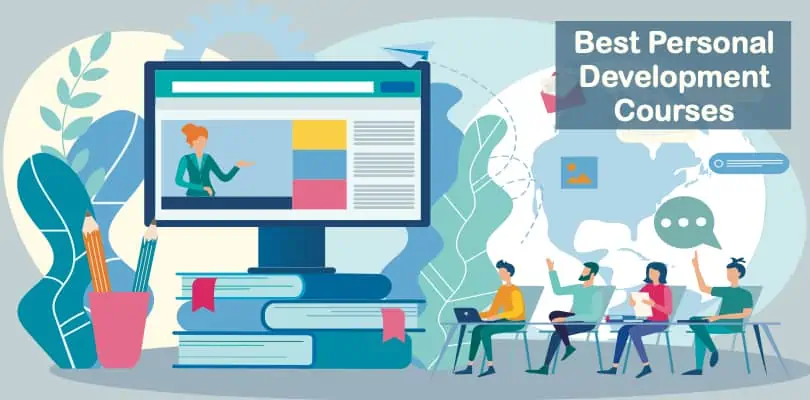Children with autism must overcome social interaction, communication, and sensory processing difficulties. In addition to offering unique learning methodologies, social skills training, and cognitive support, education provides an organized environment customized to meet their needs. It is pivotal in promoting self-reliance, augmenting interpersonal relationships, furnishing children with fundamental life competencies to advance and assimilate into the community, and guaranteeing a more comprehensive and encouraging milieu for their maturation. dra in aba can be a great support to autistic kids, considering their reputations and word of mouth. In this post, you will learn why education is important for autistic kids:
Personalized Ways for Teaching
Personalized teaching methods are essential for the education of autistic kids. These customized approaches, such as Applied Behavior Analysis or Individualized Education Plans, target certain learning difficulties and styles. dra in aba identifies specific objectives, offers the required assistance, and considers a range of demands. Customized strategies ensure that instructional materials and techniques match the child’s level of proficiency, encouraging involvement and the growth of new skills. These approaches optimize learning capacity and promote academic achievement and general development in autistic children by addressing individual strengths and obstacles.
Social Skills Development
Children with autism can acquire important social skills through education. Children can practice social cues, communication, and teamwork in school settings thanks to social skills training and controlled interactions. These experiences help people learn about and comprehend social norms, which promotes empathy, teamwork, and peer connections. Working together on collaborative projects in an educational setting develops critical social skills that help autistic children successfully integrate into various social circumstances outside of the classroom and have meaningful interactions with others. The basis for better socializing and a higher quality of life for autistic people is laid by the social skills developed via education.
Behavioral and Cognitive Support
Educational interventions help autistic children by offering behavioral and cognitive assistance for frequent obstacles. These therapies improve mental capacities, such as executive functioning, problem-solving, and attention. Educational programs incorporate behavioral methods, like sensory accommodations and positive reinforcement, to address behavioral patterns and sensory sensitivity and provide a supportive learning environment.
Independence and Life Skills
Children with autism gain vital independence and life skills through education. Educational programs include specialized instruction to impart basic life skills, such as self-care, organization, time management, and decision-making. Children with autism who concentrate on these skills develop useful skills essential for day-to-day functioning and future independence. Learning independence skills in an educational environment gives students a sense of agency and self-assurance, making it easier to go about their daily lives. With the help of these developed life skills, autistic people can transition more easily into adulthood and be better equipped to make significant contributions to society.
Promoting Understanding and Inclusion
Education’s role in encouraging inclusion and understanding is crucial for autistic children. Peers and educators who work in inclusive contexts are more likely to embrace, empathize with, and respect neurodiversity. A culture of tolerance and acceptance for differences is fostered in the classroom by exposing students to various ideas and experiences, which promotes an inclusive society outside of school environments.
Wrapping It Up:
In addition to helping academic achievement, a supportive learning environment at dra in aba gives autistic children the confidence to navigate the world, which promotes a more accepting and understanding society for all.





